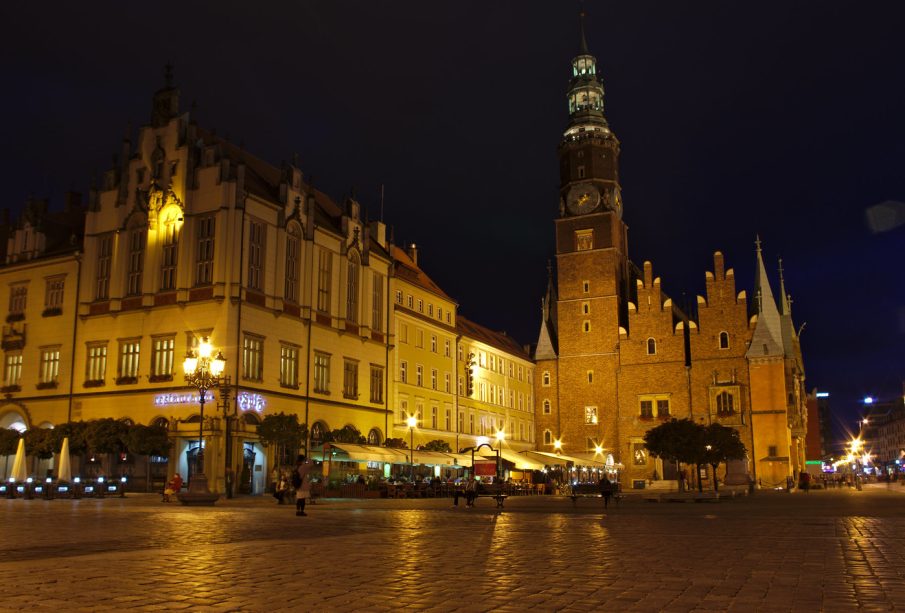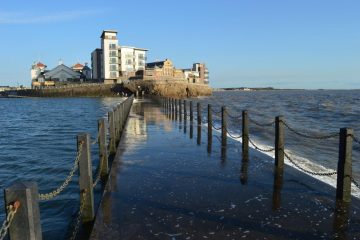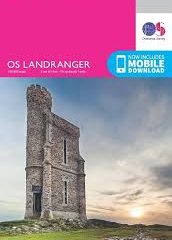Exploring Wroclaw: A Cultural Gem of Poland

Introduction
Wroclaw, the largest city in western Poland, is an important cultural and economic hub, known for its picturesque landscapes, vibrant community, and rich history. As a melting pot of cultures, Wroclaw attracts tourists from around the globe, eager to explore its captivating architecture, fascinating museums, and lively festivals. The city’s historical significance as a former capital of Silesia and its location at the crossroads of trade routes make it a key destination in Central Europe.
Historical Background
Wroclaw’s history dates back over a thousand years, with evidence of settlement as early as the 10th century. The city has changed hands multiple times throughout its history, having been part of several states, including Poland, the Czech Republic, and Germany. This turbulent past has contributed to Wroclaw’s diverse cultural heritage, evident in its architecture and local traditions. The Old Town, particularly the Market Square, features stunning Gothic and Baroque buildings, like the Wroclaw Cathedral and the Town Hall, showcasing the city’s historical evolution.
Recent Developments
In 2016, Wroclaw was designated a European Capital of Culture, which spurred significant development in the city. Numerous cultural events and activities have emerged since then, further enhancing the city’s appeal. The Wroclaw Centre for Contemporary Art has become a focal point for artists and innovators, while various music and film festivals attract thousands of visitors annually. The city is also increasingly popular as a destination for international business and investment, contributing to a growing economy.
Tourism and Attractions
Among Wroclaw’s many attractions, the famous dwarfs (Krasnale) scattered throughout the city have become a symbol of its charm, intriguing both locals and visitors. The Centennial Hall and the nearby Japanese Garden provide a serene escape from the bustling city life. Additionally, the Oder River, which flows through the city, offers boating opportunities and scenic trails for walking and cycling. Wroclaw’s culinary scene also reflects its cultural diversity, with a range of restaurants serving traditional Polish dishes alongside international cuisine.
Conclusion
As a city that beautifully blends history with modernity, Wroclaw remains a top destination for culture enthusiasts and adventurers alike. The city’s ongoing growth and investments in infrastructure assure a bright future, making it an increasingly relevant player on the European stage. For readers considering their next travel destination or looking to gain insights into a city rich with tales, Wroclaw promises an enriching experience, filled with discoveries.








